LMS Software is a centralized system to organize learning activities in a structured, efficient manner, enabling organizations, educational institutions
Learning Management Systems (LMS) have become essential software in the digital age. It revolutionizes the way we acquire knowledge and skills. They provide a centralized system to organize and administer learning activities in a structured, efficient manner, enabling organizations, educational institutions, and individuals to streamline the process of delivering learning content, track learner progress, administer assessments, facilitate communication and collaboration, and generate reports on learner performance that is beneficial for businesses.
What does a Modern LMS do? It is a software application specially designed to organize, document, track, report, and deliver educational courses or training programs. It covers the entire learning lifecycle. It provides a wide range of functions that enable organizations to create, package, share, and follow up on course material which helps businesses to manage their business operation smoothly.
Benefits of LMS:
LMS platforms offer numerous benefits, including:
Improved learner experiences: Organizations can improve learner experiences, optimize training operations, and drive growth to their training businesses.
Enhanced learner engagement: It enables learners to engage with each other, ask questions, and foster a sense of community, building long-term relationships with learners and generating recurring revenue for training businesses.
Better e-learning experiences: Innovative LMS platforms can help learners understand the material better by creating connections between text and sound and perceive the emotional tone of voice by changing it.
Optimization and organization: LMS platforms save costs, time, and nerves by eliminating the need for mentors and classrooms, enabling remote 24/7 learning, and providing tracking and analytics features for personalized education processes.
Content creation and selling: Content-based LMS platforms offer rich content creation, organization, and selling options, making them ideal for content-based industries such as advertising.
Centralized Training Management: It helps to create, organize and deliver training courses, materials & assessments. It simplifies content management, updates, and distribution. Hence, ensuring consistency across all training programs.
LMS Software Differences
The LMS market is vast, with various platforms offering different features and benefits. Some LMS platforms are designed as virtual classrooms for academic education, while others are open-source or free, ideal for non-commercial organizations. Advanced LMS platforms offer AI-based softwares for content search and generation, while minimalistic ones can be customized for specific projects without additional costs.
Choosing the Right LMS
When choosing an LMS platform, consider the following:
Optimization: Look for an LMS that saves costs, time, and nerves by eliminating the need for mentors and classrooms, enabling remote 24/7 learning, and providing tracking and analytics features for personalized education processes.
Organization: Choose an LMS that helps categorize all learning materials and create personalized courses based on individual needs.
Orientation: Select an LMS that fits your industry and objectives, whether it's a social-based LMS for large teams, a large-scale LMS with heavy analytics options for corporations, a content-based LMS for content-based industries, or an experience-based LMS for adjusting everything for each learner quickly.
Some specific challenges that organizations may face when implementing an LMS include:
Lack of Focus: With so many stakeholders involved in eLearning, it can be challenging to manage tasks, set goals, and get everyone on the same page. Creating an implementation guide that outlines the goal of implementing the LMS, team members involved and their roles, links to helpful information, and a set of rules for course content and naming conventions can help overcome this challenge.
Underestimating the Time Required: Incorrectly estimating the amount of time it will take to implement an LMS can lead to delays. Having a schedule that maps out each objective and the date it needs to be delivered by, including significant dates such as the 'Go Live' date, content delivery deadline, a 'Soft' launch/test date, and IT approval dates, can help ensure a smooth implementation.
Undecided User Roles: Deciding who within the organization will be added to the LMS and what their role will be is crucial. Allocating clear roles and responsibilities before launching the LMS can save time and prevent confusion.
Adding Users to the LMS: Establishing the best way to add users to the LMS can lead to an internal debate. It is essential to decide early on to ensure a smooth transition for both the organization and the users.
Integration Challenges: Integrating an LMS with other systems such as HR systems, email platforms, or third-party apps can lead to disrupted functionality. Opting for LMS platforms that support API integrations or built-in connectors for popular software can help overcome this challenge
Prismatic LMS Software:
Prismatic provides one of the best LMS software solutions in Pakistan, designed to meet the unique needs of organizations looking to streamline their learning and development programs. Prismatic Technologies' LMS software aims to deliver features, functionality, and performance that organizations need to drive real results. The LMS software offered by Prismatic Technologies is essential for modern organizations in today's dynamic business environment.

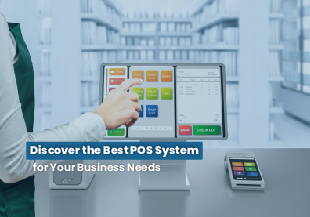
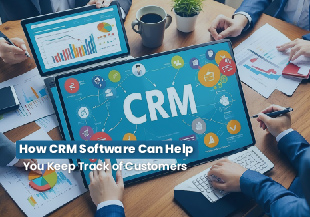
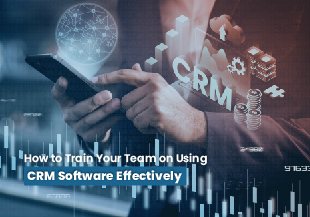
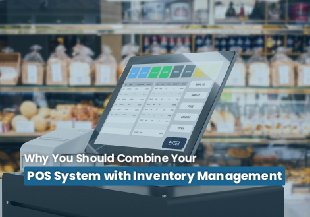
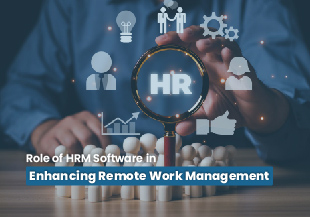
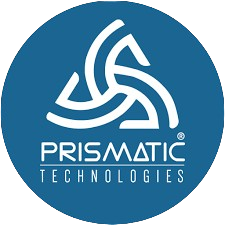 Chat with Prismatic Bot
Chat with Prismatic Bot